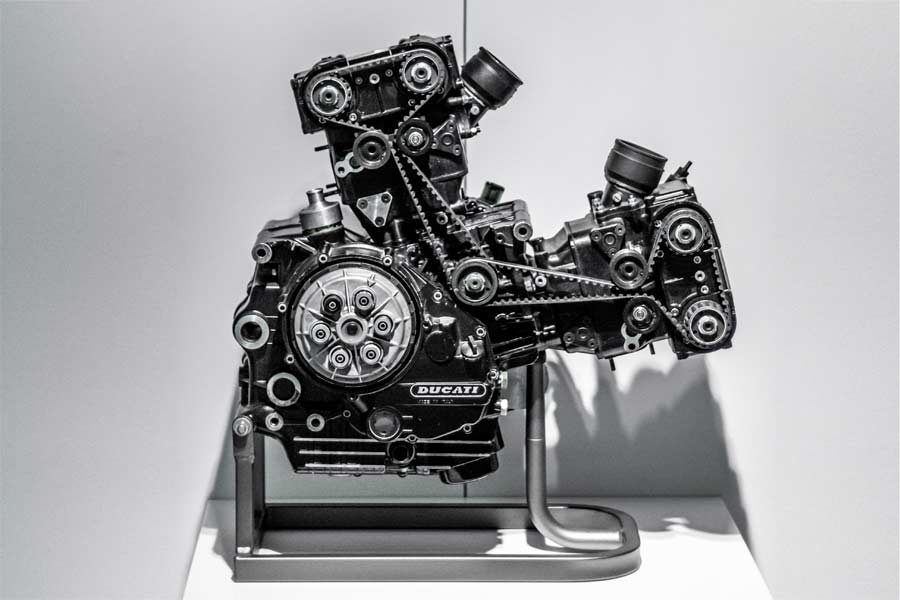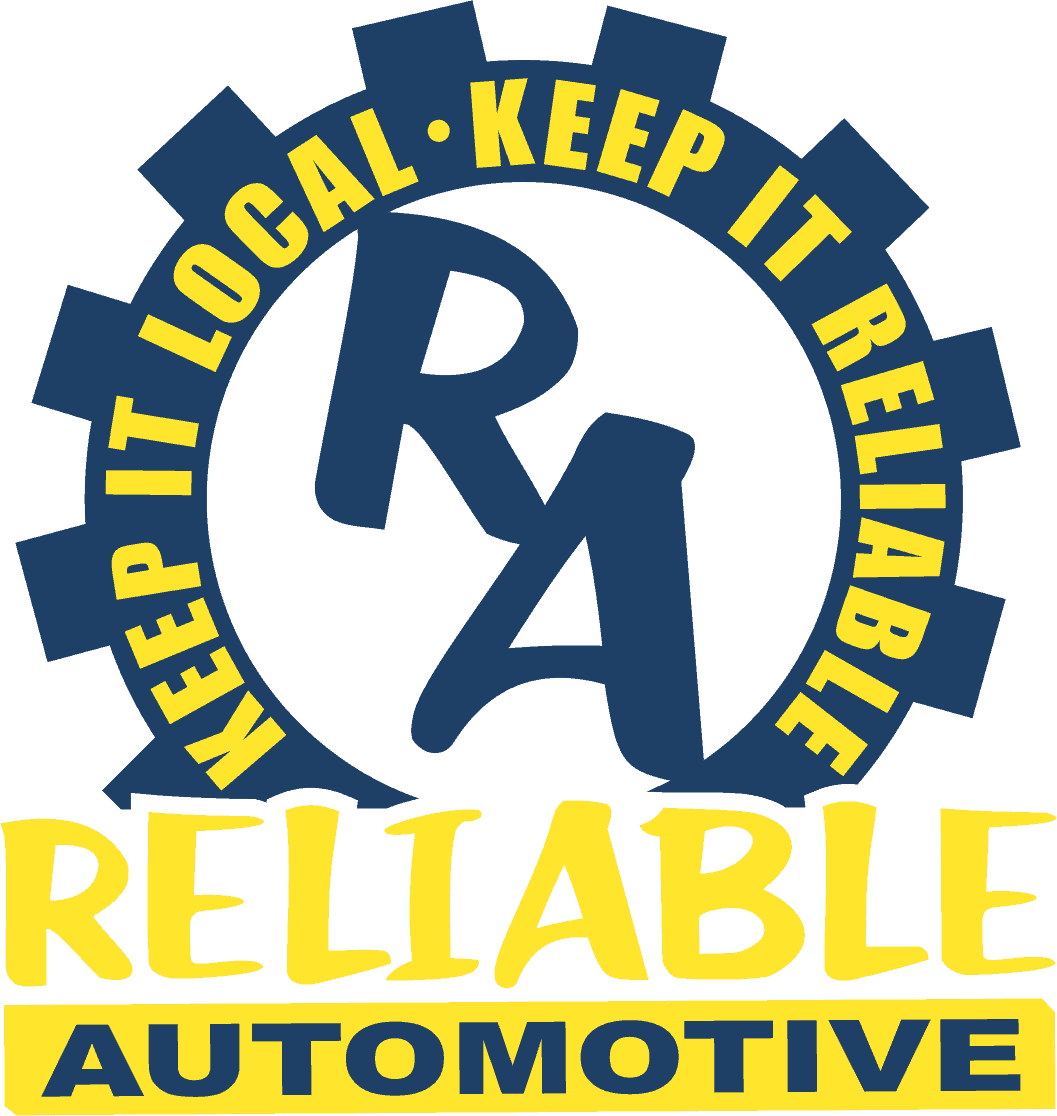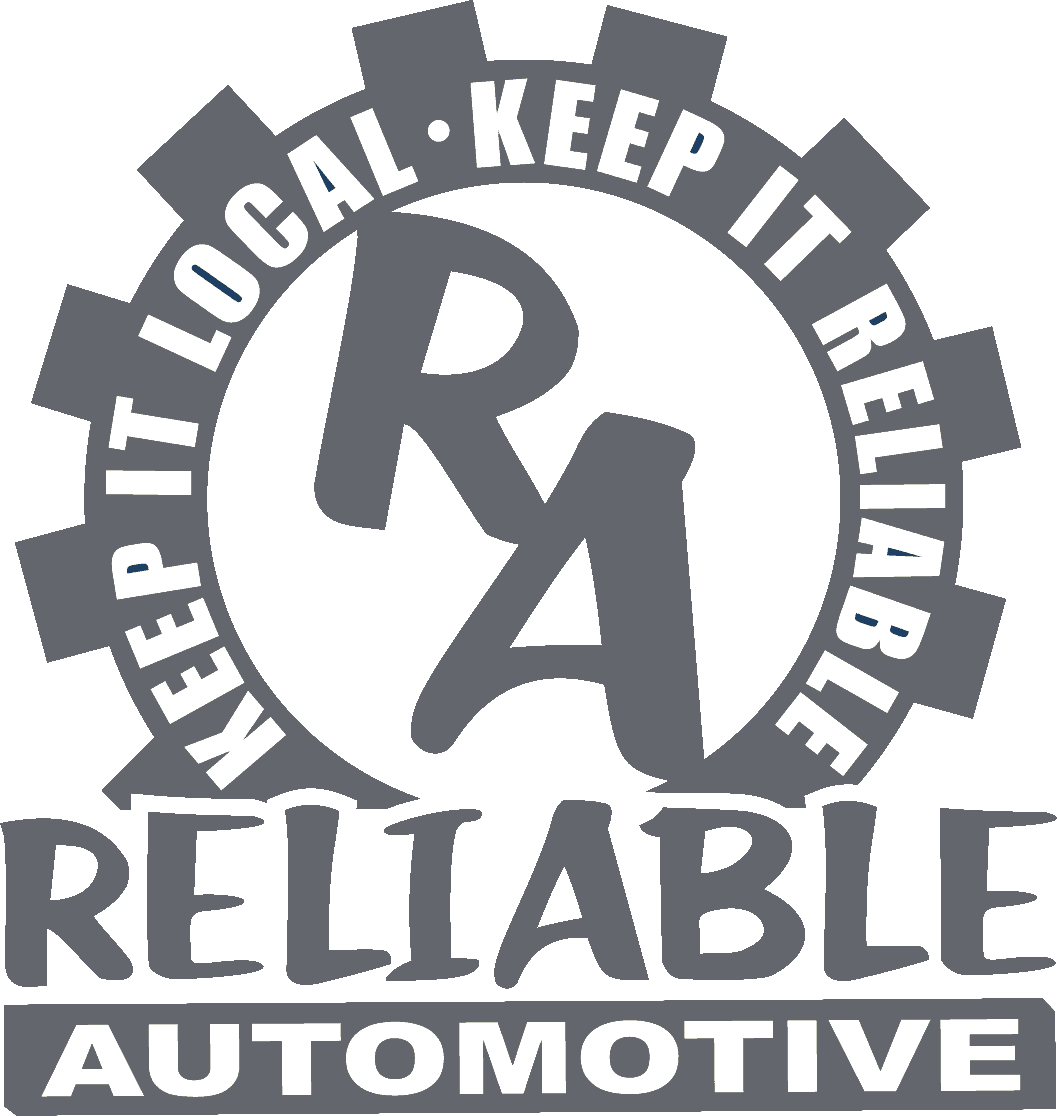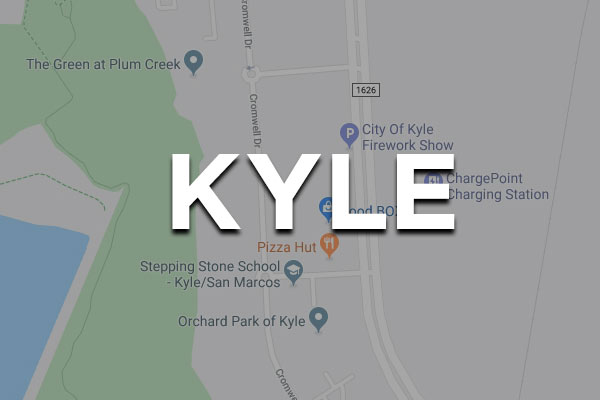
Diesel engines have been around for a long time, but only recently has the popularity of these engines begun to increase with consumer vehicles. This has caused more motorists to wonder if it’s worth making the switch to Diesel with their next purchase.
Both types of engines have their own unique characteristics, and these differences make them better suited for different applications. Before you make your choice between a vehicle with a diesel or gasoline engine, consider the following factors to make sure your decision is an informed one!
What Are the Benefits of Diesel Engines?
The diesel engine was invented in the early 20th century, and it has remained a popular option for many years. Rather than using spark plugs to ignite a fuel/air mixture like gasoline engines, Diesel engines utilize a compression ignition system. Although maintenance can be difficult, you will find that there are plenty of benefits to choosing this type of engine over a gas one.
For many years, diesel engines have been considered a more efficient and reliable option for heavy duty vehicles, but there are many other reasons why buying a vehicle with a diesel engine can be beneficial.
- More Power—The most well-known advantage of Diesel engines is probably the fact that they’re much more powerful than a gasoline-powered engine. This increased torque and higher hauling capacity makes them the engine of choice for huge trucks and machinery, and consumer-grade cars and trucks can see these benefits just as well. If you’re planning to use your vehicle for towing or hauling, Diesel might be the best choice for you.
- Better Gas Mileage—First, consider that your vehicle will receive better gas mileage than comparable gas-powered models. This is why trucks used for commercial shipping almost always use diesel engines: It costs less money to transport cargo with a diesel engine than with a gasoline engine because diesel is cheaper and more efficient.
- Fewer Repairs—Secondly, due to their durability and reliability, you can expect fewer repairs down the road. For example, Diesel engines don’t experience spark plug fouling from carbon deposits like gasoline engines do, and they last longer between oil changes.
- Longer Lifespan—Diesel engines also tend to last longer than their gasoline counterparts. They are extremely efficient and durable, and they’re built using high-quality materials which means that your vehicle will run cleaner, longer.
What Are the Drawbacks of Diesel Engines?
While diesel engines can offer a variety of advantages over gasoline engines, their use is not without drawbacks that you should be aware of before making the jump to diesel.
- Increased Cost—One major drawback of diesel engines is their cost. They are much more expensive to manufacture than gasoline engines, and they must be built sturdily enough to withstand the greater pressures inside the engine block. This sturdier construction comes at a higher price tag which is reflected in an increased cost of the vehicle overall.
- More Expensive Maintenance—In addition to costing more up-front, Diesel engines also tend to cost more to maintain. While they require less maintenance overall than gasoline engines, you can expect to see a much higher bill once it does come time to have your diesel engine maintained. Diesel maintenance is also more specialized, so it can be a bit more difficult to find a mechanic with the expertise you need to keep your diesel engine in top shape.
- Higher Fuel Cost—In line with the trend of higher prices, the increased cost of Diesel fuel is another drawback that you may have already noticed when visiting gas stations. In many areas, Diesel is considerably more expensive at the gas pump. While Diesel engines tend to use less fuel than gasoline engines, it can still be a tough pill to swallow when it comes time to fill up your tank and you end up with a much higher bill to pay.
Which Is Right for You?
As we can see, Diesel and gasoline engines are very different. Diesel is more efficient in terms of fuel consumption and power, but they come with much higher costs than their gas counterparts. If you’re on a budget and don’t need too much power from your vehicle, then gas is your best choice. No matter which option you go with, however, mechanics at Reliable Automotive have the expertise to help make sure your engine runs reliably for years to come. Gasoline or Diesel, we treat them both with equal care and attention!






